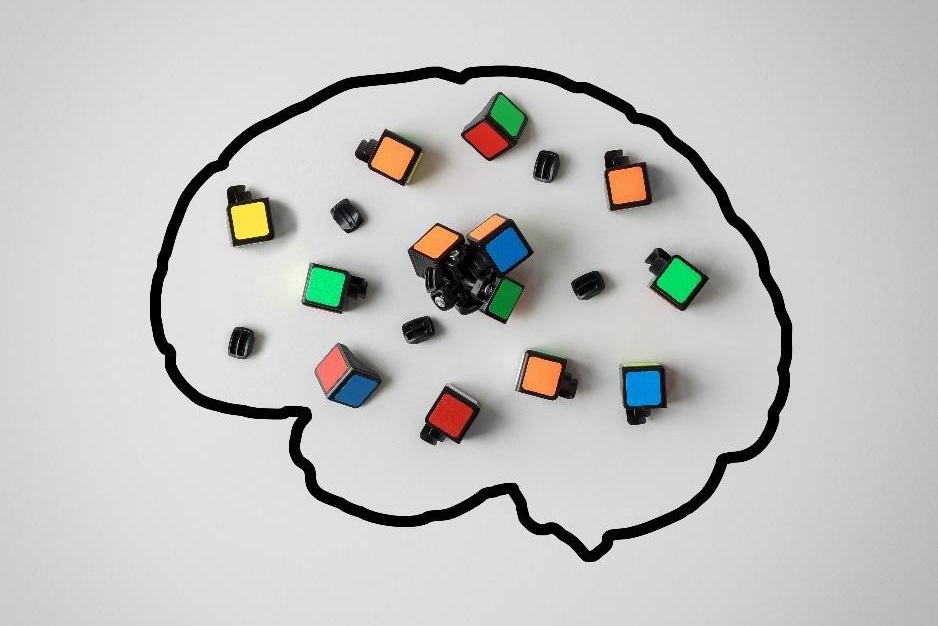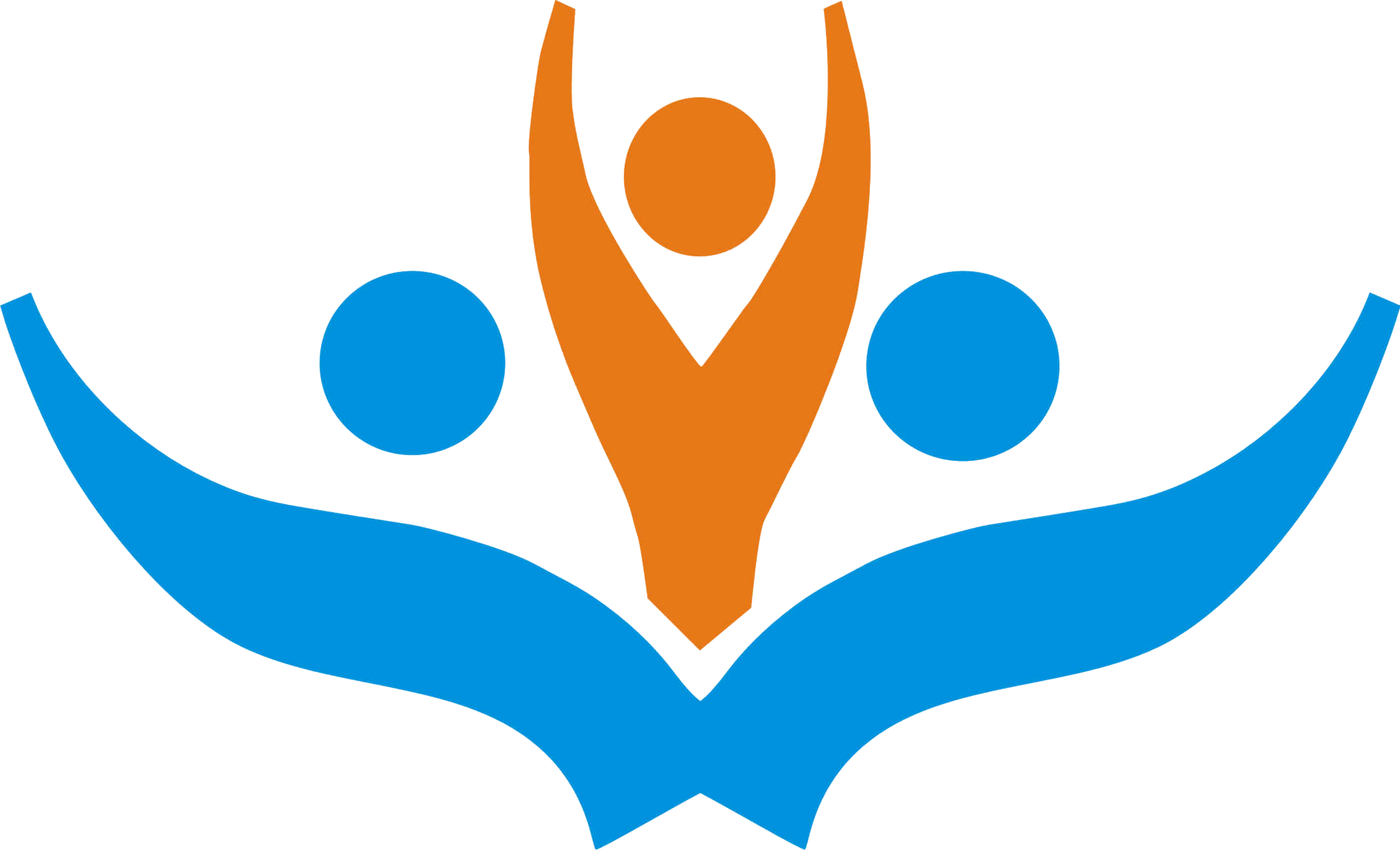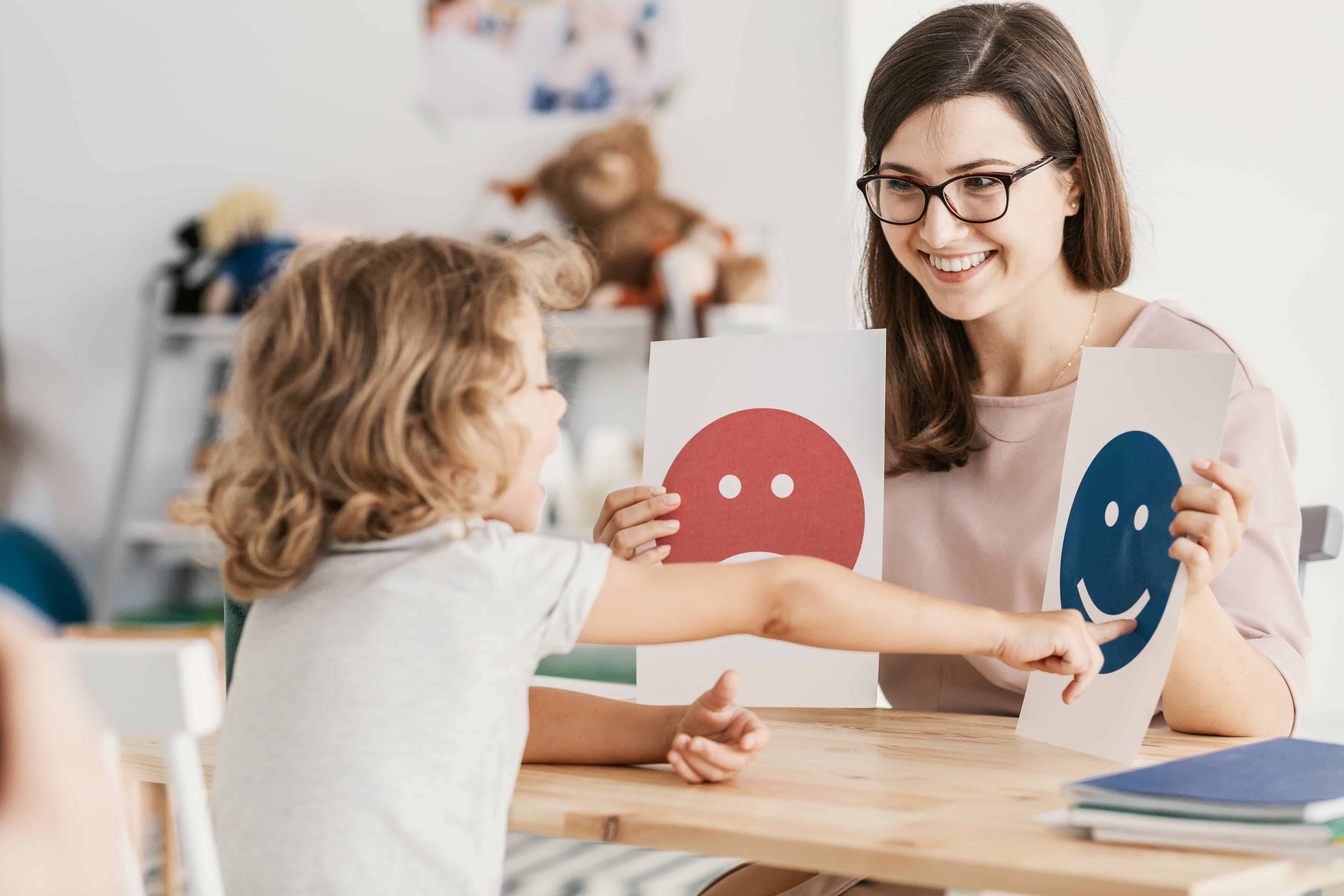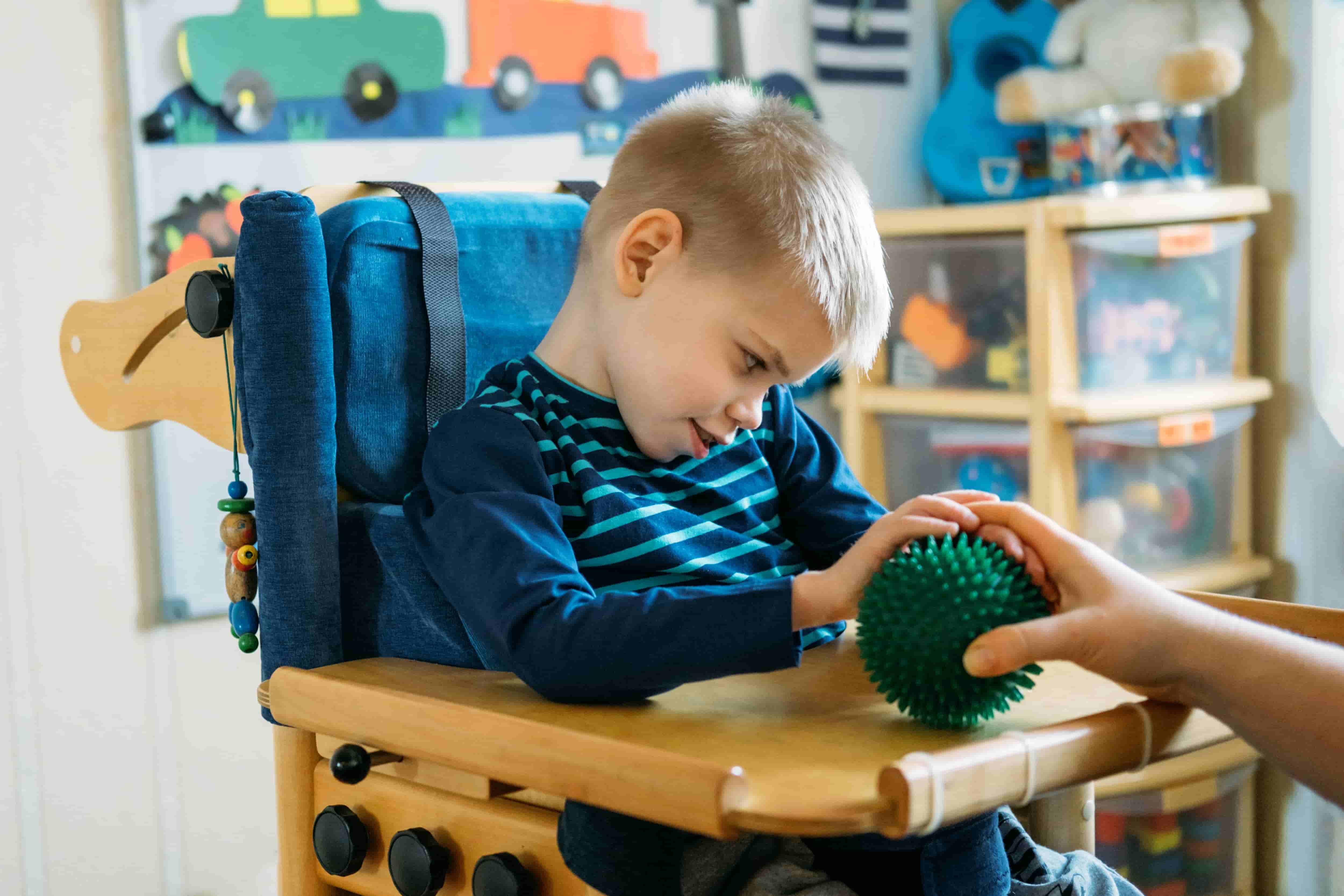
Impacts of Acquired Brain Injury (ABI)
Over 45,000 children and young people experience an Acquired Brain Injury every year in India and it causes severe disability to an estimated 150-200 people per million each year. It is the leading cause of death and disability for those aged less than 40 years. Advances in neurosciences, medical technology and improved implementation of national guidelines have increased survival rates.
An ABI is an injury to the brain acquired after birth, meaning it is acquired by external means rather than something that was inherited genetically prior to birth. It is a leading cause of death and disability and can follow accident, trauma, infection, stroke, tumor or hypoxia. It often comes alongside symptoms that could impact an individual’s behavior, thoughts and emotional state. ABI survivors may have severe long-term disability caused by a range of physical, psychological and emotional impairments. It also has a significant effect on family relationships, lifestyles and quality of life.
ABI may occur because of infection, disease, lack of oxygen or a trauma to the head. A significant number of people in India have some form of ABI, with more men affected than women. The long term effects are different for each person and can range from mild to profound. People with this condition commonly experience:
• Changes to their behavior and personality, physical and sensory abilities, or thinking and learning
• Increased fatigue (mental and physical)
• May have difficulty in areas such as memory, concentration and communication
• Slowing down in the speed with which they process information, plan and solve problems
As the range of ABI is from mild to profound, the need for support ranges from simple adaptations to long-term support or a change in school (for children). Outcomes can impact across all domains, from behavior and emotions to cognitive, physical and sensory difficulties. Many children and young people also experience extreme fatigue and changes in their social skills and communication.
ABI is often linked with traumatic brain injuries. They may sound similar but in terms of classification and injury it has different meanings. Traumatic brain injuries are generally caused by physical trauma from accidents that take a toll on the head directly, hence they fall under the ABI category.
Non-traumatic brain injuries also fall under this category, where acquired brain injuries are caused by any other external or internal sources like brain tumors, stroke, infections, poisoning, hypoxia, ischemia, encephalopathy or substance abuse.
Families of a child with ABI need to adjust to a new normal and returning to education frequently is very difficult. Childhood ABI can have a significant impact on attendance, integration, engagement and achievement. It is reported that fewer children and young people with ABI go on to further studies or employment and many report to be socially isolated.
ABI can have several cognitive symptoms but it can likewise affect an individual physically and emotionally. People normally associate brain injuries with just cognitive symptoms, yet the physical and emotional ones can be just as devastating. Every one of the three of these can likewise bleed into one another, for instance; an individual adjusting to existence with a brain injury from a physical accident might be having headaches and may have lost the capacity keep their work.
From this they can experience untold stress and grief, causing their mental health to also deteriorate. This in turn can prompt emotional distress and eventually sicknesses like depression. Unfortunately, physical, emotional and cognitive symptoms of an ABI do frequently have symbiotic relationship with each other. This implies victims rarely develop only one, and the others are compounded by one another.
Treatment for an ABI includes treatment for the injury itself and where possible, treatment of the underlying cause. A traumatic ABI is more likely to have an underlying cause that needs to be managed – a medical condition which has caused the injury to the brain.
Chetna Foundation provides practical, life-transforming services that enable disabled people of all ages to maximize their independence. This includes expert support following an Acquired Brain Injury, helping people rebuild their lives.
| Tweet |





